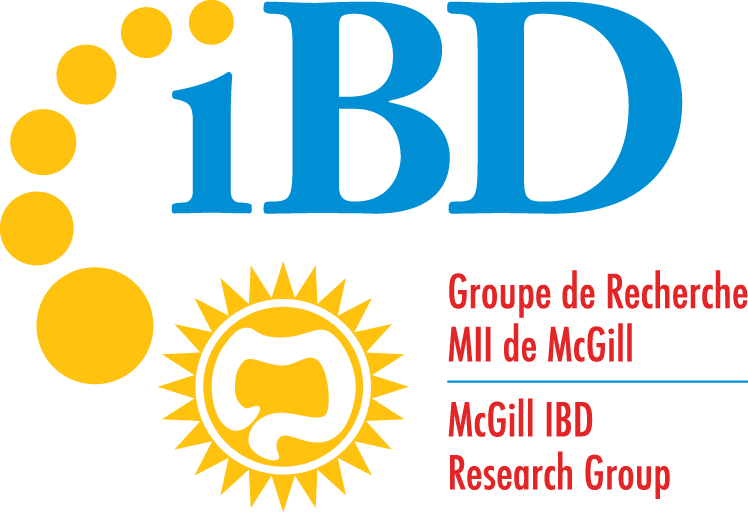 Gastroenterology
Gastroenterology
At the forefront of endoscopic advancements, the Gastroenterology division offers a largely research based academic environment. The MGH’s Gastrointestinal Division is unique for its inflammatory bowel disease (IBD) program.
Inflammatory Bowel Disease Centre of Excellence
In Canada, more than 300,000 people are affected by IBD, and over the next few years, more than one percent of the Canadian population will be diagnosed, according to Dr. Bessissow.
IBD, comprised of Crohn’s disease and ulcerative colitis, is the most common disabling chronic bowel illness. The incidence is increasing and Canada has the world’s highest rates of new cases of Crohn’s. It most often affects children and young adults in the prime of their lives. Treatment needs to be personalized in order to respond to the unique situations of each case.
Many researchers are trying to understand why the body, along with the immune system, chooses to attack the intestines, but the reasons remain a mystery, although some evidence may point to genetic and environmental components.
Common symptoms include abdominal cramps and pain, rectal bleeding, weight loss, loss of appetite and even stunted growth in young people. However, as nurse Kelly Chavez explains, it’s also possible to see symptoms other than those of the digestive system, including some that involve the skin and eyesight.
There are treatments available for IBD. For ulcerative colitis, most people will respond well to anti-inflammatory medication. For those for whom this is not the case, and for people with Crohn’s disease, immunosuppressive drugs are preferred. The aim is to control the disease and maintain as normal a quality of life as possible.
In 2016, the MUHC’s IBD Centre of Excellence was inaugurated on the 16th floor of the MGH. It is the first stand-alone IBD Centre of Excellence in North America, and along with follow-up care, helps in emergency scenarios as well. During weekday hours, members of the IBD team are on-hand to provide care to help urgent cases.

Patients with IBD require sustained healthcare and support over many years. The IBD centre offers a multidisciplinary platform with specialized physicians and nurses working closely together to deliver the best care to our patients. Research to advance our knowledge is an integral part of the IBD centre.
The McGill IBD Research Group
 The McGill IBD Research Group provides expert medical care, services, research and resources to those living with IBD and their families. Through ongoing donations, the Group is able to fund specialized IBD clinics at the McGill teaching hospitals, including the Montreal General Hospital.
The McGill IBD Research Group provides expert medical care, services, research and resources to those living with IBD and their families. Through ongoing donations, the Group is able to fund specialized IBD clinics at the McGill teaching hospitals, including the Montreal General Hospital.
Education and knowledge are important in adults living with IBD, which is why the McGill IBD Research Group organizes regular free educational events for patients and their families on topics that are relevant and significant to the IBD community. Past speakers have included IBD specialists, experienced dieticians, IBD researchers, and patients with IBD.

Ulcerative colitis and Crohn’s Disease are the most common types of inflammatory bowel disease (IBD): a chronic condition involving inflammation of the intestine. We interview a patient, a nurse and doctor to answer your most frequent questions, including “What is IBD” and “What are the causes, the symptoms and the treatments for IBD”. Learn more …


